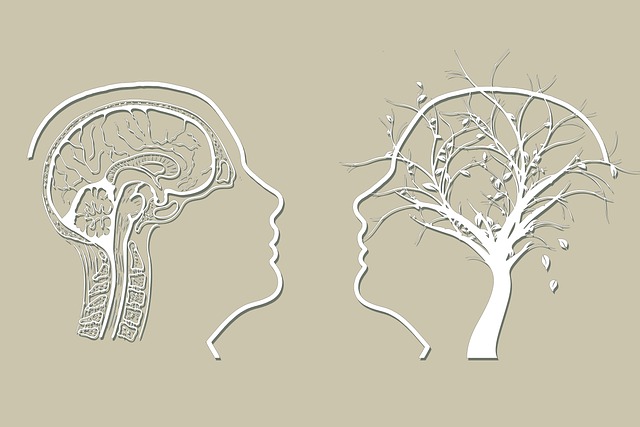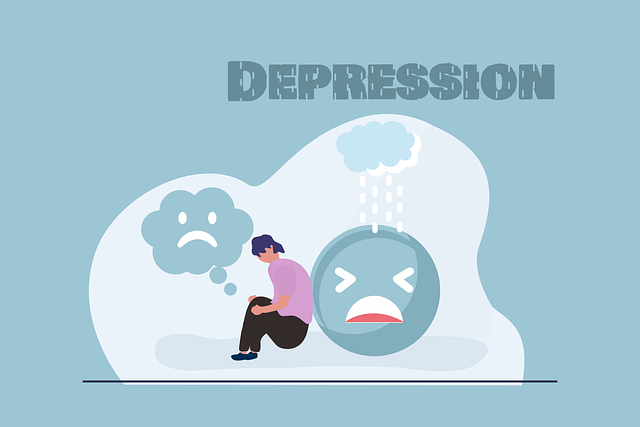The podcast series focuses on childhood trauma and its lasting effects, targeting individuals affected by abuse, caregivers, therapists, and advocates in Boulder, Colorado. It offers practical tips, expert insights from Boulder Child Abuse Therapy specialists, and conversational episodes structured around mental wellness themes like Mind Over Matter. Each episode provides actionable takeaways, enhancing listener engagement and encouraging consistent returns for future content.
“Unleash the power of mental wellness through podcasting with our comprehensive guide, tailored for professionals like those at Boulder Child Abuse Therapy. Learn how to create an engaging, therapeutic podcast series from start to finish. From planning and pre-production—including defining your focus and target audience—to advanced recording techniques and post-production mastering, we cover it all. Discover the best equipment, software, and distribution strategies to reach and support your listeners effectively.”
- Planning and Pre-Production for Mental Wellness Podcast Series
- – Defining the Focus and Target Audience
- – Choosing the Right Format and Structure
Planning and Pre-Production for Mental Wellness Podcast Series

Planning and pre-production are crucial steps in crafting a compelling mental wellness podcast series. It begins with defining your target audience—in this case, considering the impact of childhood abuse and its long-term effects on individuals and communities, particularly focusing on Boulder Child Abuse Therapy’s unique perspective. This stage involves extensive research to understand the latest trends in mental health, popular communication strategies, and effective burnout prevention techniques.
Pre-production also entails crafting engaging show topics that align with the Mind Over Matter principles. It’s essential to create a structured outline for each episode, ensuring a seamless flow of information while keeping listeners engaged. This meticulous planning includes booking guests who are experts in their fields, such as therapists, psychologists, and survivors who can offer diverse insights into recovery, resilience, and healing.
– Defining the Focus and Target Audience

Defining the focus is a crucial step in creating any podcast series, and mental wellness podcasts are no exception. For our series, we aim to shed light on various aspects of childhood trauma and its long-lasting impact on mental health, with a specific emphasis on child abuse therapy in Boulder, Colorado. By targeting this niche, we cater to a dedicated audience seeking support, resources, and insights into healing processes. The target demographic includes individuals who have experienced childhood abuse or neglect, as well as their caregivers, therapists, and anyone interested in promoting mental wellness within at-risk communities.
This podcast series will delve into topics such as recognizing the signs of child abuse, understanding the psychological effects on survivors, and exploring evidence-based therapeutic approaches like cognitive behavioral therapy (CBT) and eye movement desensitization and reprocessing (EMDR). By addressing these issues, we hope to contribute to the ongoing mental illness stigma reduction efforts while also equipping listeners with tools for managing anxiety relief. Additionally, we will include interviews with local experts in Boulder Child Abuse Therapy, ensuring our content is both relevant and informative, particularly for those undergoing risk assessment as mental health professionals.
– Choosing the Right Format and Structure

When producing a mental wellness podcast series, one of the initial considerations is choosing the right format and structure. At Boulder Child Abuse Therapy, we’ve found success in adopting a conversational and educational approach that blends storytelling with expert insights. Each episode could focus on a specific topic, such as Mind Over Matter principles, and include interviews with therapists or professionals who specialize in various mental health areas. This format not only provides practical tips and strategies but also fosters empathy building and enhances communication strategies, which are vital for mental wellness.
Additionally, structuring each podcast around a central theme allows listeners to easily navigate and understand the content. Starting with an introduction that sets the scene, followed by the main discussion, and wrapping up with actionable takeaways or further resources, creates a cohesive listening experience. This structured approach encourages consistent engagement and enables folks to delve into topics relevant to their own mental wellness journeys, making it more likely they’ll return for future episodes.
Producing a mental wellness podcast series is an empowering way to reach and support audiences, especially in communities like Boulder Child Abuse Therapy. By carefully planning and pre-producing, you can create engaging content that resonates with your target listeners. Defining your focus and understanding your audience are key; choosing the right format ensures your message is accessible and impactful. With a well-structured approach, your podcast can become a valuable resource, fostering open conversations around mental health and well-being.














